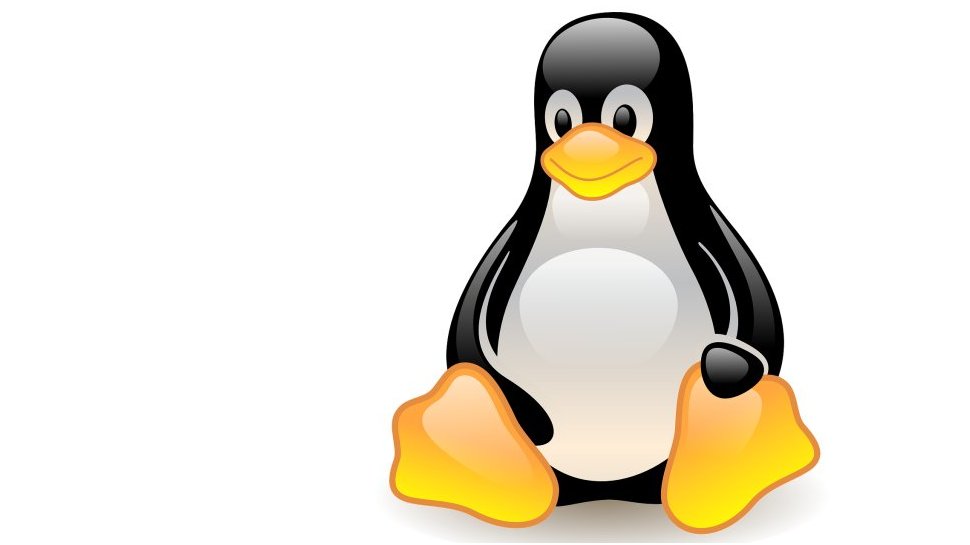Linux 5.10 LTS is now live, packing a wealth of new features
Will soon arrive in a repository near you

The newest Long Term Support (LTS) edition of the Linux kernel, set to power some important upcoming Linux distros, has been released as per schedule.
As is the norm, the last kernel release of the year is an LTS that’s maintained for the next half a decade. LTS kernel releases end up in LTS distros that put a greater emphasis on stability and are used to power servers and critical services.
The rate of changes in this release has bothered Linus Torvalds, the principal developer of the Linux kernel, throughout its seven weeks of development cycle. In the end however, the large number of changes in the release candidates only translated into a wealth of new features for the final release.
- Here are the best Linux distros for business
- We’ve also rounded up the best Linux distros for developers
- These are the best Linux laptops for running Linux
Improved hardware support
“It's mostly drivers - as it should be - with a smattering of fixes all over,” notes Torvalds in the release announcement.
The release improves support for the next generation of desktop CPUs from Intel called Rocket Lake. Furthermore, there’s also some early support for the 12th generation Alder Lake CPUs as well as the 13th generation Meteor Lake CPUs from Intel.
On the AMD side of things, there are performance improvement fixes for the AMD Zen 3 CPUs. The release also improves the support for the RDNA 2 architecture, which will power the next-gen gaming graphics from AMD.
Kernel 5.10 also adds support for the ARM Video Core IV that’s used in the Raspberry Pi 4 and some initial support for booting RISC-V on EFI systems.
Are you a pro? Subscribe to our newsletter
Sign up to the TechRadar Pro newsletter to get all the top news, opinion, features and guidance your business needs to succeed!
There’s also something for gamers as the release supports the Nintendo Switch Joy-Cons and Pro controllers. You can use all their features including rumble, and even accelerometer and gyro data in both Bluetooth and wired USB mode.
- Subscribe to Linux Format magazine for more Linux and open source goodness
Via: Phoronix
With almost two decades of writing and reporting on Linux, Mayank Sharma would like everyone to think he’s TechRadar Pro’s expert on the topic. Of course, he’s just as interested in other computing topics, particularly cybersecurity, cloud, containers, and coding.
